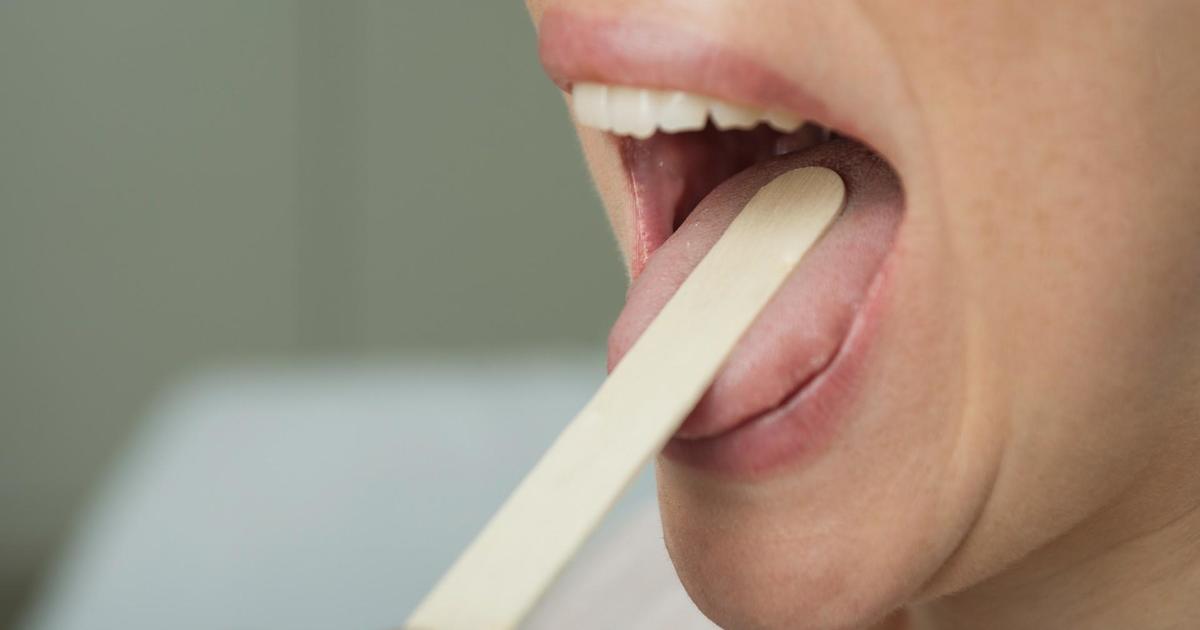When Noise Is More Than An Annoyance
Follow CBSMIAMI.COM: Facebook | Twitter
MIAMI (CBSMiami) - We all get annoyed by noises at times. Maybe it's a song on the radio we can't stand or a friend's obnoxious laugh.
But what happens when the noise becomes more than an annoyance?
You may have a condition known as misophonia, where certain sounds drive you to the point of rage or disgust.
"Mouth noises like sneezing, coughing, chewing. Those are the types of things I can only hear for a few seconds before I react very strongly," said Paul Dion.
Dion loves playing the keyboard in his spare time.
But he doesn't just tickle the ivories for fun. It's also an escape from the other noises he can't stand.
He has misophonia.
Audiologist Gwen Kandula says misophonia is different than more common sound sensitivity or ringing in the ear.
"Misophonia is really thought of as a hatred of sound, but it's not just of any sound. It's a very specific sound that we refer to as trigger sounds," Kandula said.
A person's reaction to trigger sounds can vary in severity from feeling anxious and tense, to full blown anger.
Kandula says research is lacking, and it's not known exactly what causes the condition. The average age of onset is adolescence.
A person with misophonia has normal hearing. It's their reaction to certain sounds that's heightened.
"Some people we've even seen some physical traits that can happen--their jaw will tighten, they'll tighten up when, when they have, when they have an experience, a trigger sound," Kandula explained.
The most common trigger sounds for misophonia are bodily noises like chewing, finger tapping, even breathing.
Dr. Aage Moller, a professor of Neuroscience at the University of Texas at Dallas School of Behavioral and Brain Science, has been studying the brain for decades, and believes that a person with misophonia cannot help having a strong reaction to certain sounds.
"I do not think a person can change it, avoid it, or overcome it," Dr. Moller said.
Unfortunately, there's no real cure for misophonia, but exposure therapy has shown some promise for patients.
"Eventually they get to a point where even if those sounds may still bother them somewhat, they don't have is an extreme a reaction as they did when it was in its full course," Kandula said.
Paul isn't getting any treatments at this time and says he has gotten to a point where he can basically manage his condition.
He just hopes awareness and research continue to increase.
"I wish people would have an understanding that misophonia is real, it affects people very strongly, and it can really affect their life negatively," Dion said.
For more on misophonia, visit Dion's website.



